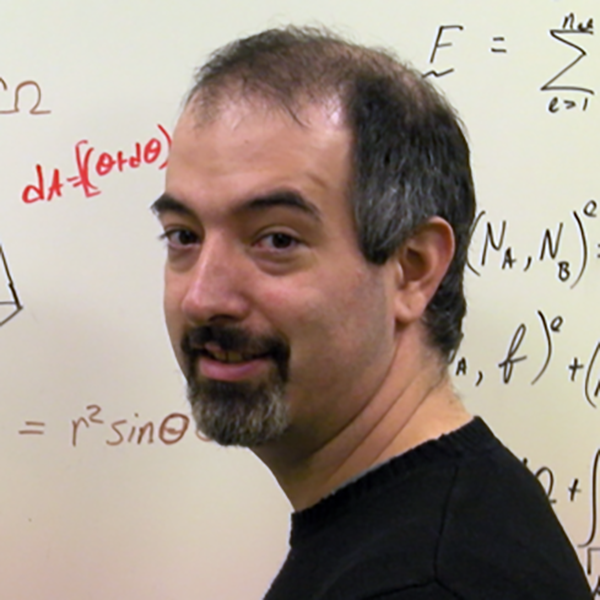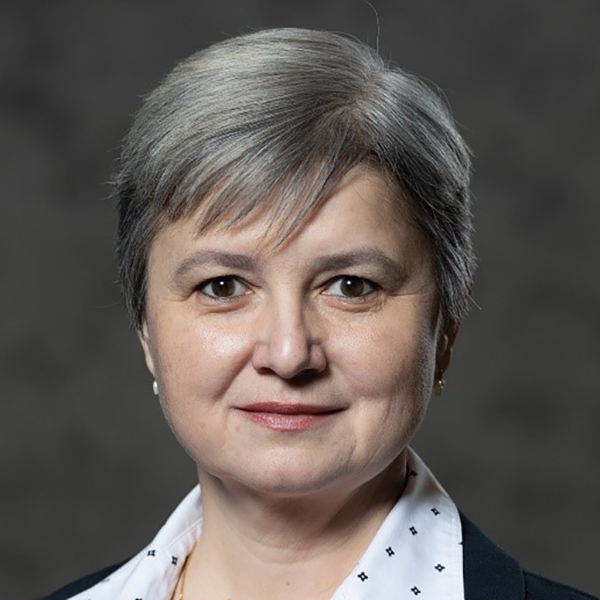To envision the next generation of microelectronics, researchers harness the computing power available at RPI to predict outcomes and problems in design, manufacture, and function.
Current Research:
- Using simulations of electron transport and quantum dynamics to computationally design materials for low-resistance interconnects needed for further downscaling chips, and for future computing technologies, e.g., spintronics and quantum computers
- Parallel circuit simulation; parallel static timing analysis; codesign of extreme-scale systems; modeling and simulation of next-generation neuromorphic processors using spintronic devices
- Thermal transport across a heterogeneously integrated package
- Electrical-thermal-mechanical computational modeling of devices and packaging for reliability; modeling effect of microstructure on degradation and fatigue; modeling semiconductor crystal growth, predicted defect formation
- Physics-informed stochastic surrogate modeling for high-fidelity simulation; reinforcement-learning-based optimization for manufacturing process optimization; data-driven defective identification and quality improvement
- Atomistic simulations of macromolecular systems; retrieval, processing, and analysis of primary and secondary data; interfacial transport processes
- Simulation and workflows, with emphasis on industrial relevance and timely answers, using physics-based and statistical tools, including stochastic machine learning methods and parallel numerical methods





















